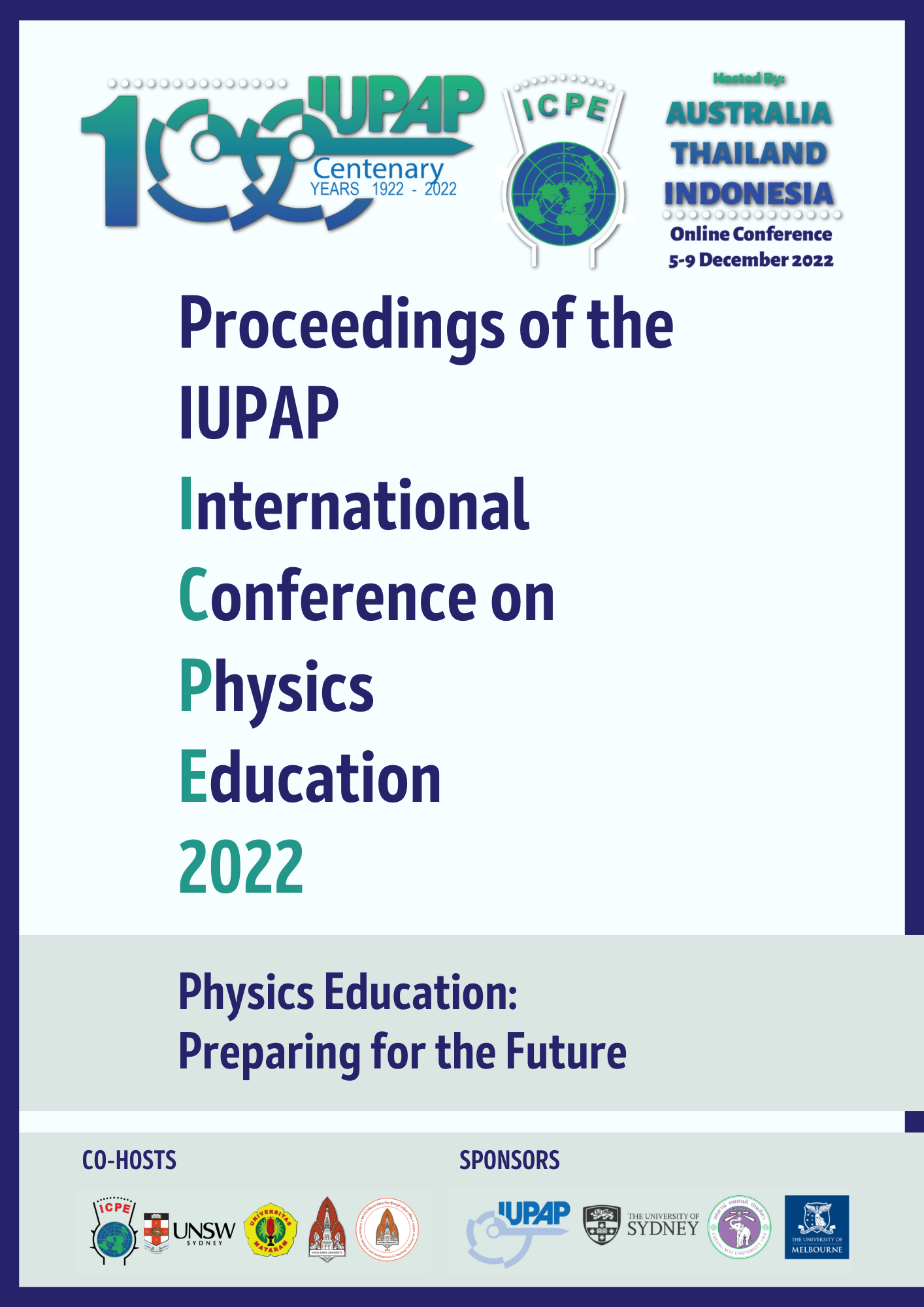Increasing student motivation in astronomy; Online and in the classroom
Abstract
Student motivation is a perennial problem in all stages of education. Most students find astronomy a fascinating and intriguing topic, but even in astronomy courses, it can be a struggle to maintain student motivation. Students are extrinsically motivated, often by grades, but extensive research shows that intrinsic motivation leads to more positive outcomes, such as a growth mindset, better grades, lower academic misconduct, and more fulfilment in goals and achievements. The shift to predominantly online learning due to the COVID-19 pandemic has also played a significant role in student motivation.
This workshop is based on my design of astronomy assessments and courses to increase student motivation. I will outline my approach to addressing specific problems in introductory courses by leveraging research on student motivation. One aspect of this approach is giving students choice in part of their assessment; this is exemplified in the “Astronomy Picture of the Day” assessment I have developed. Another approach is designing a course in such a way that students can choose which astrophysics Python exercise they complete. Participants are encouraged to engage in discussions about courses they teach where student motivation could be an issue: how is low student motivation manifesting itself (e.g., poor academic integrity, low student attendance), and how can it be addressed?
Intended Audience: Undergraduate Physics Educators
Downloads
Published
Issue
Section
License
Authors who publish with the Proceedings of the International Conference on Physics Education 2022 agree to the following terms:
a) Authors retain copyright and grant the journal right of first publication with the work simultaneously licensed under a Creative Commons Attribution License (https://creativecommons.org/licenses/by/4.0/) that allows others to share the work with an acknowledgement of the work's authorship and initial publication in this journal.
b) Authors are able to enter into separate, additional contractual arrangements for the non-exclusive distribution of the journal's published version of the work (e.g., post it to an institutional repository or publish it in a book), with an acknowledgement of its initial publication in this journal.
c) Authors are permitted and encouraged to post their work online (e.g., in institutional repositories or on their website) prior to and during the submission process, as it can lead to productive exchanges, as well as earlier and greater citation of published work (See The Effect of Open Access - http://opcit.eprints.org/oacitation-biblio.html).
Privacy Statement The names and email addresses entered in the Proceedings of the International Conference on Physics Education 2022 site will be used exclusively for the stated purposes of this journal and will not be made available for any other purpose or to any other party.
